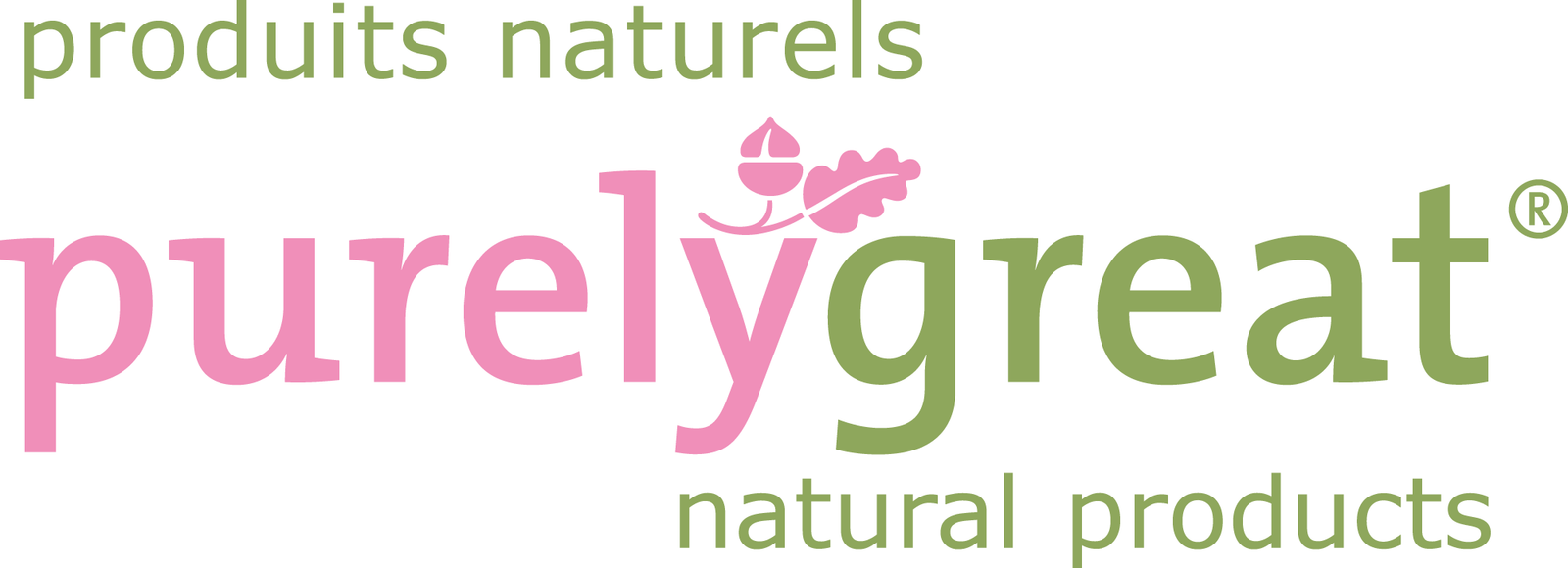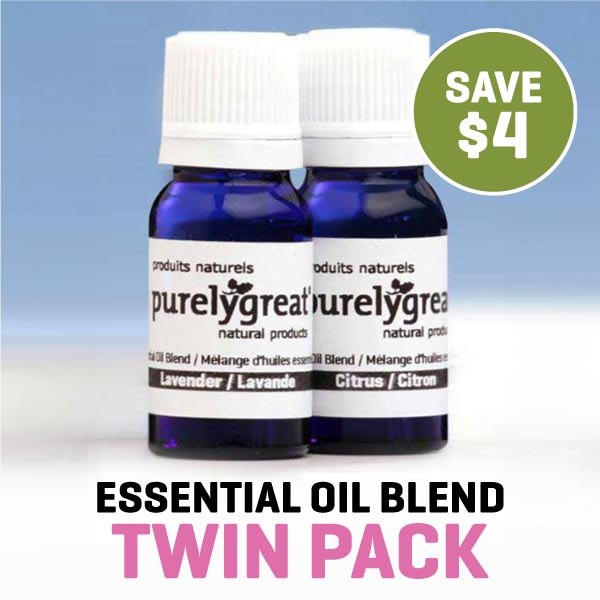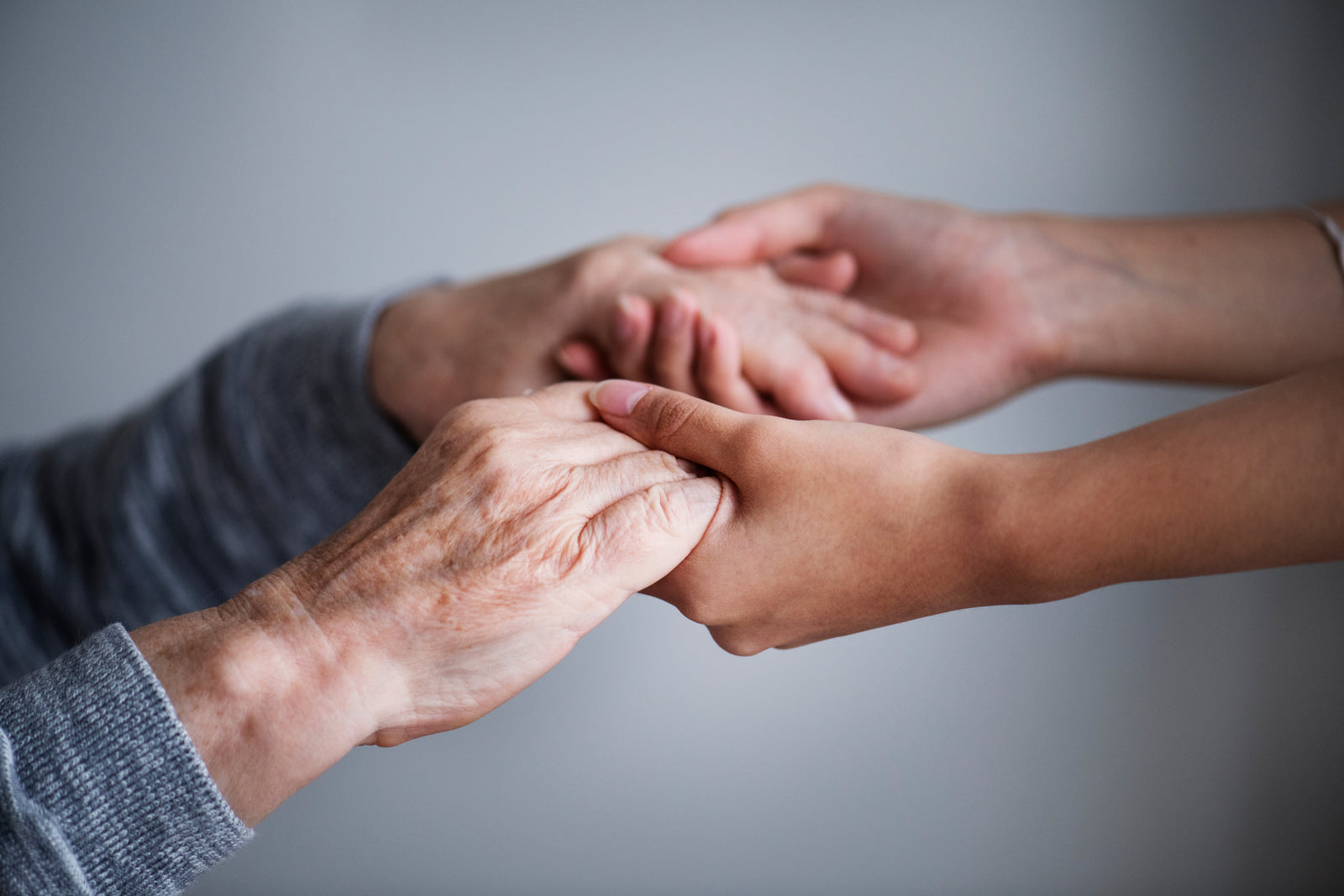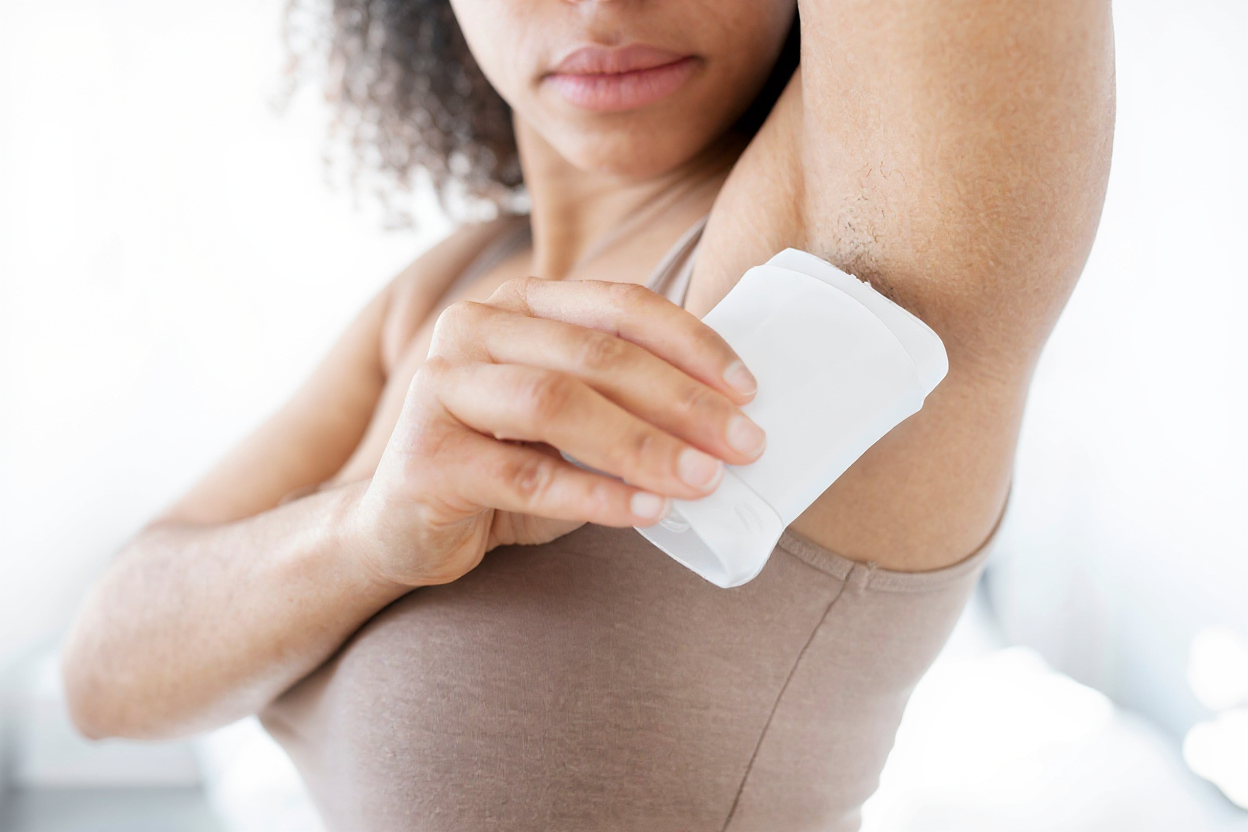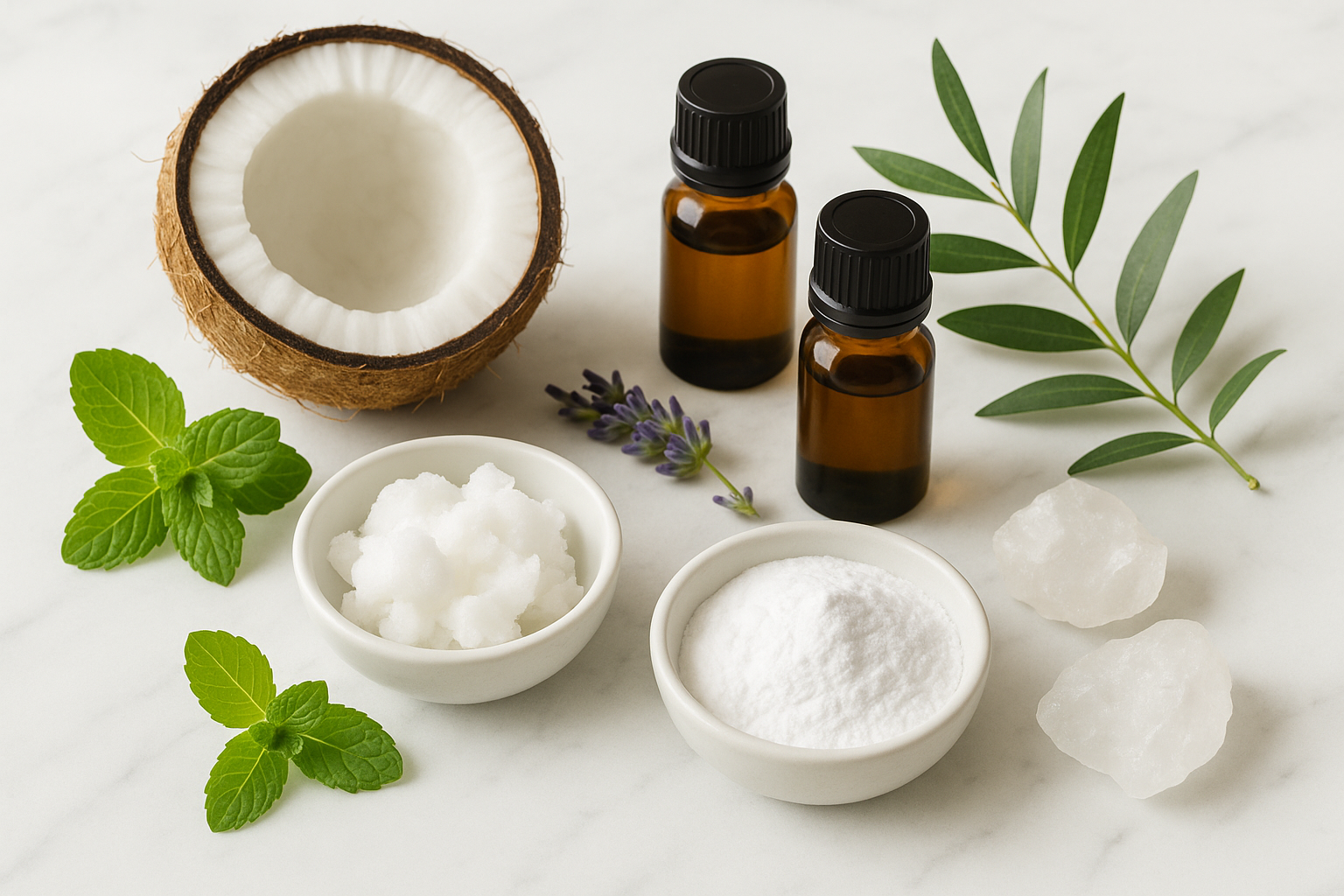You wouldn't put a tablespoon of harmful cosmetic ingredients in your mouth. However, rubbing them beneath your arms in the form of antiperspirant may be worse in certain respects. When you consume something, your liver and digestive system break it down, but when you apply something to your skin, it can reach your bloodstream without being digested. For all of these reasons, researchers are concerned about the dangers of anti-perspirantingredients that may cause or contribute to developmental or reproductive problems, as well as cancer. Here are five antiperspirantingredients to avoid.
- Parabens:
There are several parabens that are used as preservatives in deodorants and other personal care products. Some parabens may disrupt your body's production and regulation of estrogen and other hormones. Because the breast contains estrogen-sensitive tissue, the concern is that putting parabens in close proximity to this tissue on a daily basis may increase the formation of cancer cells. This is true for both men and women.
- Aluminum:
This metal, which is often present solely in antiperspirants, has been linked to "gene instability" in breast tissue. This insecurity can result in alterations that favor the formation of tumors or cancer cells. Over half of all breast cancers begin in the upper outer quadrant of the breast, near the underarm. While there is no proof that aluminum is to blame, breast cancer incidence appears to correlate with the usage of aluminum-containing items. Applying an aluminum-containing product to damaged skin, especially if you shave beneath your arms, might be dangerous.
- Triclosan:
This chemical is added to many cosmetic goods to avoid bacterial contamination and to destroy microorganisms on the skin's surface, such as anti-acne treatments, certain deodorants and antiperspirants, and sanitizing hand soaps. Triclosan is so ubiquitous that 75% of people have measurable quantities of it in their urine. According to the FDA, there are no recognized risks linked with triclosan. Triclosan has been associated with aberrant hormone action in animal studies. More study indicates that triclosan may disrupt your microbiota or the day-to-day activities of your genes.
- Phthalates:
Phthalates are commonly found in any product that has a fragrance that persists after it has been used or applied; phthalates are part of what causes odors to cling. That includes everything from body wash to shampoo, lotion, hairspray, and soap. These molecules aid in the adhesion of deodorant and other cosmetics, such as scent, to your skin. They also appear to interfere with "androgen function," or the process by which your body creates and utilizes the hormone testosterone. While testosterone is commonly thought of as a masculine hormone, it is also produced by women and plays a function in energy and muscle maintenance. The most serious issue about phthalates is that they may damage male reproductive capacity or have an influence on fetal development in pregnant women. Phthalates have also been related to lower IQs and increased incidences of asthma.
- Fragrances:
Almost every scented product contains the words "fragrance" or "perfume" among its components. And because smells are protected by trade law, it's hard to know exactly what chemicals are hidden behind those ostensibly innocent phrases. It might be phthalates, or it could be allergens or skin irritation-causing compounds. Even smelling scented products on others can trigger an allergic reaction.
How To Protect Yourself?
If you're concerned about these compounds and the dangers of anti-perspirants the only method to avoid being exposed to possibly hazardous substances is to stop using all underarm deodorant products. In the meanwhile, look for a fragrance-free natural deodorant. Finally, look for paraben- and fragrance-free products, and check the ingredients list to ensure triclosan isn't there.

